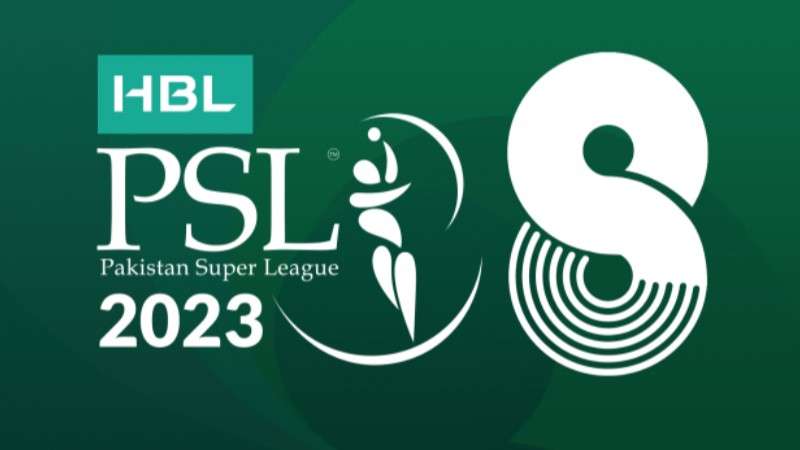The eighth edition of the Pakistan Super League (PSL) has achieved a remarkable financial feat, raking in an unprecedented revenue of over Rs5 billion, as per reports. This latest development signifies the tournament’s increasing popularity and commercial success.
According to the details, the Pakistan Cricket Board (PCB) has implemented a profit-sharing model, with a distribution ratio of 5-95. Under this arrangement, the PCB receives five percent of the revenue, while the franchises enjoy a significant 95 percent share.
The diverse sources contributing to this substantial revenue include broadcasting rights, title sponsorship, gate receipts, and related entitlements. The unaudited figures from the central pool reveal that the total revenue generated from the last edition of PSL amounted to an impressive Rs5.62 billion.
READ MORE: Achraf Hakimi’s Agent Eyes Real Madrid Return
Out of this significant sum, the cricket board’s portion stands at Rs582,534,480, while the franchises collectively receive Rs5,046,776,989.
The television broadcasting deal emerges as the primary contributor to the tournament’s financial success, encompassing both the domestic and international markets.
The broadcasting rights alone garnered a staggering Rs2,175,393,394, with an additional Rs402,824,378 earned through TV broadcasting rights in other countries.
READ MORE: Wolves Captain Ruben Neves Joins Al-Hilal
Despite production costs and franchise fees, the majority of the franchises are anticipated to turn a profit this year, except for Multan Sultans, whose higher franchise fee poses a challenge.
It is noteworthy that earlier this year, the PCB paid Rs2 billion in taxes to the government, further demonstrating the significant economic impact of the tournament.
The substantial revenue generated by PSL 8 not only underlines the growing popularity of the league but also provides a significant boost to the financial stability of the PCB. Moreover, it serves as an incentive for franchises to invest and actively participate in future editions of the tournament, highlighting its strong commercial viability.
